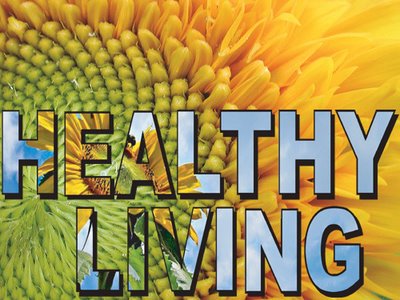 Heres a good article that appears in the Sprin edition of Vim and Vigor Magazine. Hopefully it will help shed some light on the organic debate.
Heres a good article that appears in the Sprin edition of Vim and Vigor Magazine. Hopefully it will help shed some light on the organic debate.Organic or Not?
Organic is a common word in healthy eating, but when does it really matter? The Organic Trade Association defines organic food as naturally grown products that are not genetically modified or sprayed heavily with pesticides or other pollutants.
According to a Consumers Union report, organic fruits and vegetables have about one-third the pesticide residues as nonorganic foods. Some of these pesticides have been linked with cancer and other diseases when used in large quantities.
For some foods, it matters less, but according to Elson Haas, M.D.. author of several bookss on healthy eating, a number of foods are worth the extra expense for the organic variety. Here are a few from his list:
> Strawberries are the most heavily contaminated fruit in the U.S. Buying these energizing berries organically may save your family from gradually being exposed to large amounts of pesticides.
> Leafy greens like lettuce and spinach often soak up chemicals, making organic a good option.
>Yes, tomatoes are good for you, but because of their thin skins, unhealthy chemicals can be absorbed in large quantities.
>Sunflower seeds contain important fatty acids but can also soak up toxins in their oils.
